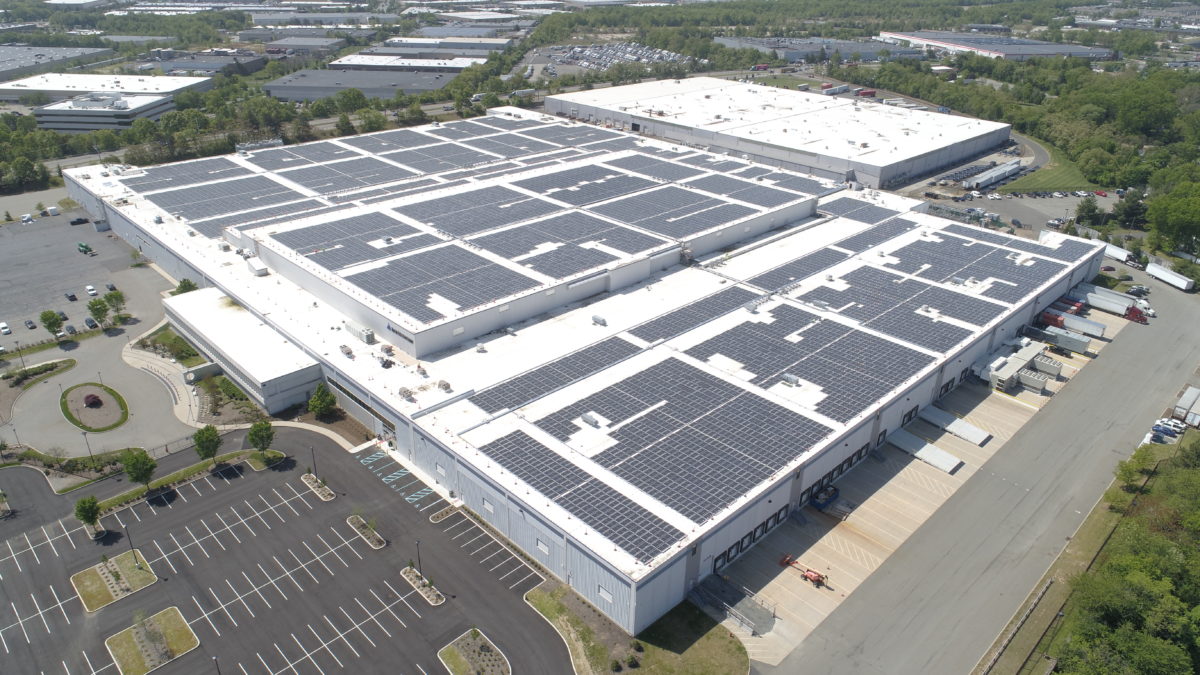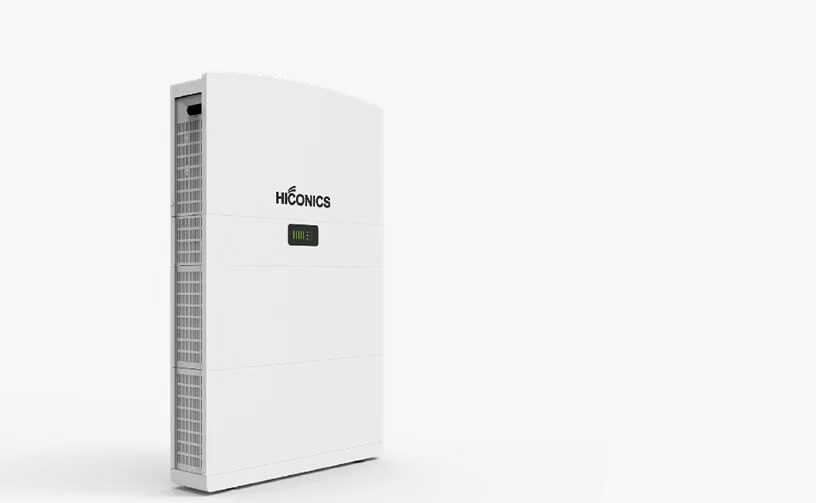Chris Pennington, director energy and sustainability at Iron Mountain Data Centers, has been at the heart of the company's innovative energy program. Chris has also served as an advisory board member at Renewable Energy Buyers Alliance (REBA).
Iron Mountain Data Centers is behind one of the more innovative PPAs this year, with RPD Energy and Direct Energy, which will see the renewable energy load of Iron Mountain Data Centers tracked hourly as opposed to annually. As you said at ReSource 2021, this 24/7 matching metric is gaining favour, why is it important?
Chris Pennington (CP): When there was very little renewable energy on the grid all new renewable energy was beneficial towards reducing grid costs and emissions. But as the percentage of generation from renewable sources increases it will continue to become more and more important that we're aware of where and when renewable power is placed onto the grid in order to maximize impact. We've adopted the 24/7 carbon free energy goal in part because it draws awareness to the importance of knowing where power comes from and how it is consumed, each hour of every day. As more companies consider this goal and commit to knowing their hourly renewable usage, we will collectively become more impactful in decarbonizing the grid.

Image: LinkedIn
What manner of new decarbonization targets can the hourly metric drive toward? Would it drive solar+storage uptake?
Tracking energy usage hourly will naturally identify the hours underserved by carbon free sources, and enable focused innovation towards solving these gaps in renewable supply. We're already seeing that in many cases the duration of unmatched hours is fairly small and we're beginning to consider technology solutions to bridge these. Yes, it will ultimately reinforce the value and impact of solar+storage solutions. Identifying the high carbon hours will help us design and implement solutions with the precision necessary to gain improvement efficiently.
Is hourly tracking PPAs something which can help small and medium sized companies get into the renewable PPA market?
Yes, though I think the real starting point for small companies considering a 24/7 carbon free energy goal is to focus on understanding their own load. They may be able to shift when they consume power from the grid with basic demand management techniques or on-site solar which will naturally improve their carbon free energy score, and likely save money while doing it.

Image: Jason Bickley
Can onsite solar accelerate geographical, as opposed to temporal, matching?
We're big fans of on-site solar, having installed the largest data center rooftop system in the U.S. last year. It is clearly the most accessible, lowest cost and most efficient generation source available today. So much so that in most cases there is more roof-space available than what is needed to cover site consumption during the day.
Further progress could be made in decarbonizing the grid if regulatory programs were expanded to encourage the export of excess on-site solar generation. We're exploring this in one of our European markets today, working with the local grid operator to identify efficient large-scale export that can be complementary to the grid, reducing the energy they would need to source from outside their local network. There is plenty more capacity on rooftops in most communities, the limiting factor is often policy related.
We're big fans of on-site solar, having installed the largest data center rooftop system in the US last year. It is clearly the most accessible, lowest cost and most efficient generation source available today.
I have heard some dissenting voices to the 24/7 concept, what would you say to those people who are apprehensive about the change?
The 24/7 carbon free energy journey is fundamentally different, and more difficult, than the conventional annual 100% renewable goal. Many firms have already achieved 100% annually, and are recognizing that there is still more work to do. Unlike the 100% annual goal, hourly matching will rely on advances in technology and new marketplaces which are not fully matured.
This uncertainty with precisely how to achieve results may be too great for some companies to set this as a goal today. We believe in the power of innovation and collaboration and the importance of setting a clear and ambitious goal. Setting a goal, whether it is 24/7 carbon free energy or an ambitious carbon emissions reduction goal, is the real point here, and it is great to see a growing number of companies leaning in to make an impact on decarbonizing our energy supply.

Image: Jason Bickley
What are the obstacles to incorporating more solar into your PPA portfolio?
While costs for storage are declining, it is still expensive. Lower cost storage will enable us to expand our solar developments beyond what we may be able to consume in any given moment.
If grid infrastructure is such a big obstacle to ‘additionality', what are the obstacles to onsite solar for your properties?
We have looked at hundreds of rooftops over the last few years. The typical reasons projects don't move ahead are the usual suspects – insufficient structural capacity, a need for roof replacement in just a few years and preferring to postpone installation rather than fund a remove/replace. Landlords at leased sites not supportive of solar has also been an issue, though this has nearly gone away the past couple years.
What future plans do you have in the renewable PPA marketplace? Was Re-Source 2021 a productive experience?
We will continue to seek ways to contract for new carbon free energy in all the markets we operate in globally, in support of our 24/7 carbon free energy goal. Re-Source was very beneficial in establishing relationships with the providers that are ultimately critical to us in achieving success.
This content is protected by copyright and may not be reused. If you want to cooperate with us and would like to reuse some of our content, please contact: editors@pv-magazine.com.




By submitting this form you agree to pv magazine using your data for the purposes of publishing your comment.
Your personal data will only be disclosed or otherwise transmitted to third parties for the purposes of spam filtering or if this is necessary for technical maintenance of the website. Any other transfer to third parties will not take place unless this is justified on the basis of applicable data protection regulations or if pv magazine is legally obliged to do so.
You may revoke this consent at any time with effect for the future, in which case your personal data will be deleted immediately. Otherwise, your data will be deleted if pv magazine has processed your request or the purpose of data storage is fulfilled.
Further information on data privacy can be found in our Data Protection Policy.